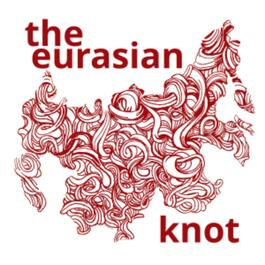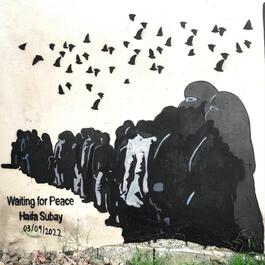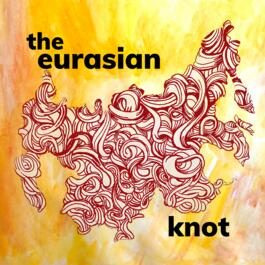
The Eurasian Knot
To many, Russia, and the wider Eurasia, is a riddle, wrapped in a mystery, inside an enigma. But it doesn’t have to be. The Eurasian Knot dispels the stereotypes and myths about the region with lively and informative interviews on Eurasia’s complex past, present, and future. New episodes drop weekly with an eclectic mix of topics from punk rock to Putin, and everything in-between. Subscribe on your favorite podcasts app, grab your headphones, hit play, and tune in. Eurasia will never appear the same. Hosted on Acast. See acast.com/privacy for more information.
Show episodes
Soviet ideology called for the emancipation of women. Soviet women would be active participants in public life, unburdened by the home, children, and husbands, and serve equally in the building and defense of the Soviet state. Reality, however, was different, especially during WWII. Soviet women did serve in the Red Ar
About two years ago, I was brought on to a podcast project started by the Global Studies Center at the University of Pittsburgh. The initial pitch was to produce a student-led podcast featuring two threatened artists that are part of the Pittsburgh Network for Threatened Scholars (PiNTS). I’m proud to feature the end r
What is peat? We had no idea until the Eurasian Knot spoke to Katja Bruisch about how this coal-like soil was an energy source in Russia and the Soviet Union. Found in wetlands, peat is the extracted top soil that is dried and burned for fuel. It was a marginal, but important, energy source in industrialization. Peat w
I’ve grown to admire historians like Catherine Merridale. You know, those historians who buck academic conventions to write for a non-academic audience. This was quite a change for me since I used to hold such work in contempt (or was it jealousy) when I was a snot-nosed, snobby grad student. So I jumped at the chance
The Prussian city of Konigsberg is well-known as the birthplace of Immanuel Kant. But in many ways it’s also a microcosm for the twentieth century. Founded in the 13th century by Teutonic knights, the city served as a key trading center for the Prussian Empire until the Polish corridor severed it from Germany after WWI
I’ve been thinking about the use of “they” in our political rhetoric. In some respects, this third-person plural pronoun is indicative of politics. The “they” in politics often refers specifically to an entity–political party, a group of politicians, etc. But what if the “they” refers to another nebulous entity? For ex

